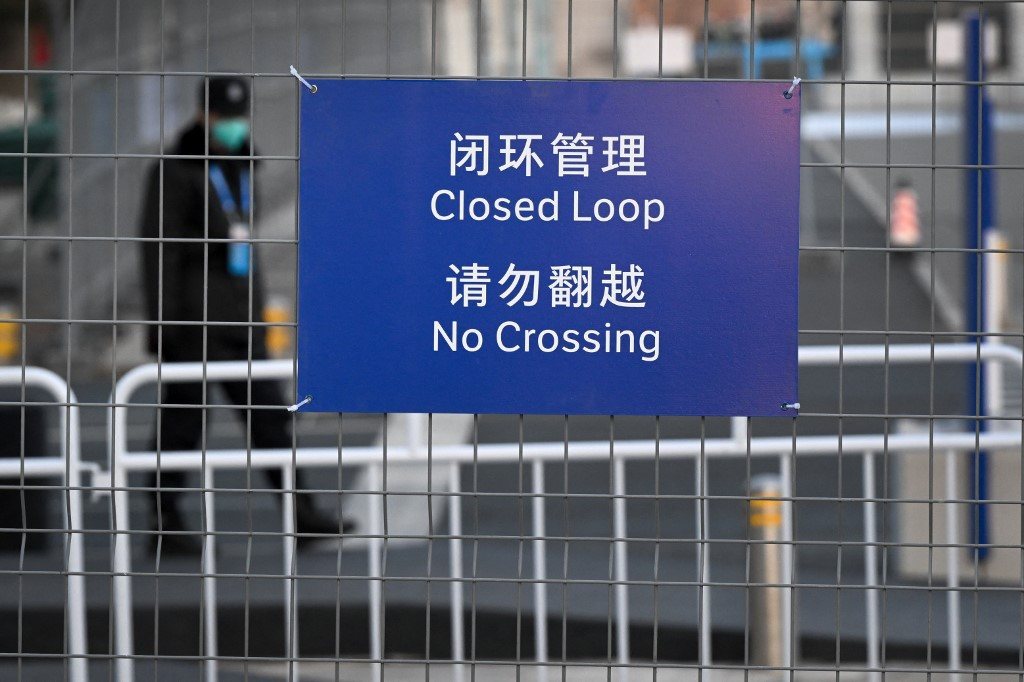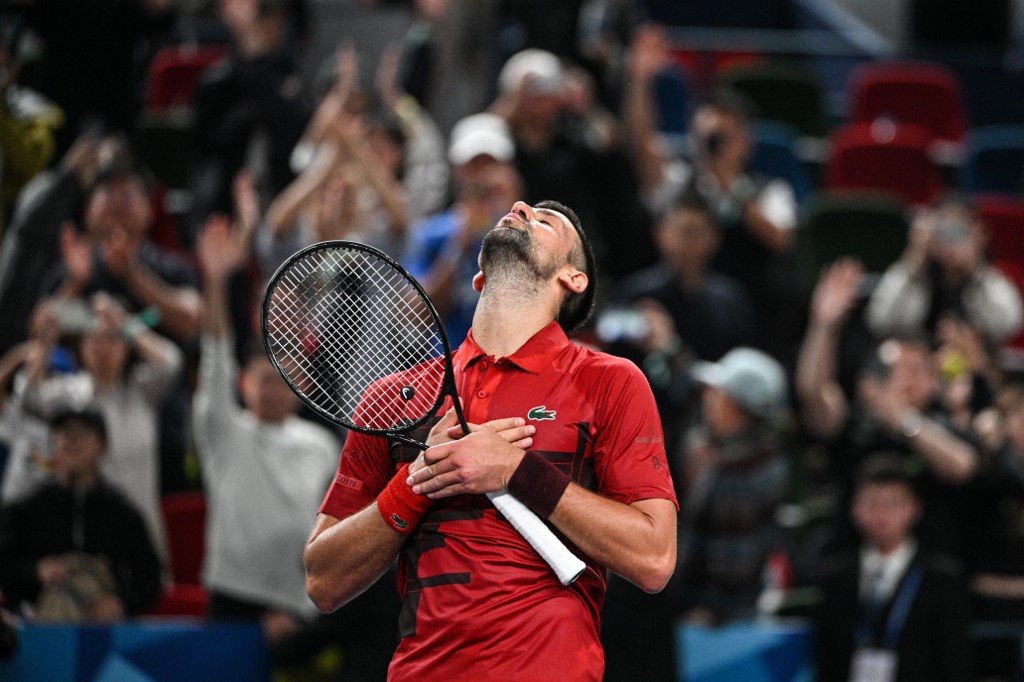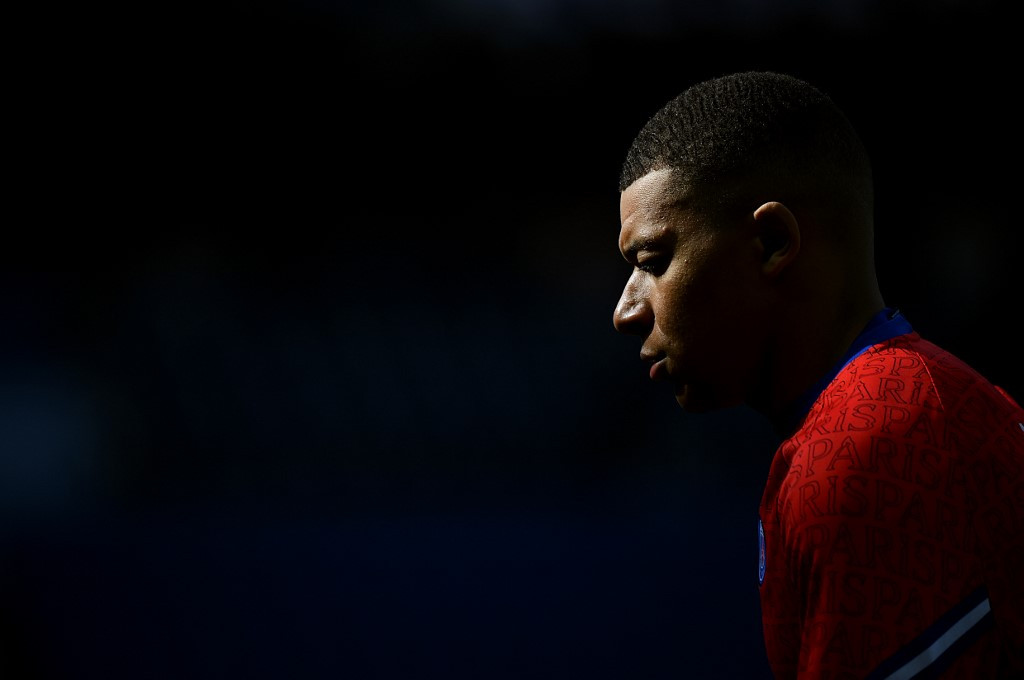A guard is seen behind fences delineating the closed-loop ‘bubble’ set up by China as a preventative measure against the Covid-19 coronavirus, ahead of the 2022 Beijing Winter Olympics in the Chinese capital on January 29, 2022.
(AFP/Fabrice Coffrini)
T
he Beijing Olympics are taking place in a strict "closed loop" with 60,000 competitors, journalists and the Chinese workforce looking after them cut off from local people and tested for COVID-19 every day.
Media and workers have to stay in approved hotels within the "loop" — the organisers' alternative name for a coronavirus bubble, designed to protect participants from the virus and the Chinese population from the foreign mini-invasion.
Wire fences seal off the area containing the Olympic venues and media centre in Beijing from the rest of the capital and the only way in is by shuttle bus or approved taxi.
Security guards bar the way of anyone who tries to walk out of the hotel grounds.
Bags are scanned as guests leave their hotels. Before boarding the bus, they must walk over to two cabins where staff in full protective gear awkwardly carry out mouth swabs from behind a plexiglass screen.
Once they pass into the Olympic area, the striking "Bird's Nest" stadium in the distance is a poignant reminder of the more carefree 2008 Summer Olympics, when a fresh-faced Usain Bolt was roared to victory by a capacity crowd.
Those scenes belong to a different, pre-pandemic era. This time, the general public will be barred from sports venues because of COVID-19 precautions, although some invited guests will be allowed to watch.




